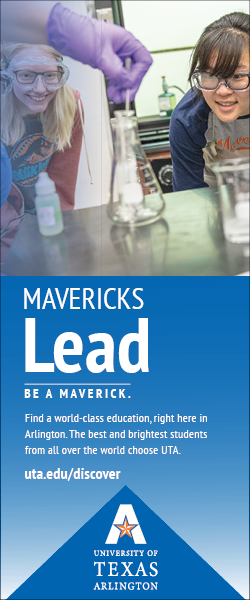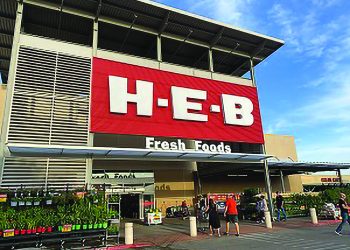Arlington won the World Cup sweepstakes as a finalist.
Then lost it.
Then won it back.
I should explain.
MetLife Stadium, the open-air multi-purpose venue in East Rutherford, New Jersey, where the National Football League’s New York Giants and Jets host home games, was awarded the grand prize of hosting the finals of what is perhaps the world’s biggest sporting event – 32 nations ravenously competing against each other for the right to be crowned soccer champion.
How big is the FIFA Men’s World Cup? So gigantic that for the first time, the tournament will span three countries, with games in Mexico, Canada, and right here at AT&T Stadium. It’s 16 games in all, 11 in the U.S.
Mayor Jim Ross and other city types were all drooling over snagging this tournament, not necessarily because they are rabid soccer enthusiasts – maybe they are, I have no idea – but mainly because the host cities are expected to earn a nifty $5 billion in economic impact.
Now I know there’s enthusiasm behind that.
Once the potential public costs are factored in, we’re talking, oh, up to $480 million per host city.
The more games, the more money.
This brings us to the sweepstakes loss and win.
East Rutherford won the final, not AT&T.
That’s the loss.
Of the 11 games in the U.S., nine will be played in our backyard.
That’s the win.
Four elimination-round games will be played here, with a final match on the group stage. Interest at that point will be at its zaniest because several countries will still be in the title hunt, and tons of fans will still be staying in hotels, eating at restaurants, handing down tips for workers to stay at hotels, and handing down tips. You get the economic circle idea.
What’s more, the U.S. team might very well be one of them. While previous World Cups haven’t been kind to us, expectations are high for the U.S. men’s national team, partly because in 2022, the U.S. fielded the youngest World Cup team ever, losing to the Netherlands in the round of 16.
By 2026, when the World Cup takes place, those youngsters will have skillfully matured and be ready to capture a world title. Or at least get mighty close to one.
The U.S. soccer team winning the whole thing and North Texas seizing the opportunity to deepen its pockets would be the ultimate win-win, although I often wonder if the average Arlingtonite would be all that impressed.
So, I asked Anna Landers, who was having her cream-colored Toyota Sienna (it had a Sting soccer logo) washed on Cooper Street.
“Don’t know much about soccer even though my daughter played when she was 10,” she said, smiling. “I do know about the World Cup, though. I know the fans can be a bit over the top.”
She had no idea it was coming to Arlington, by the way.
“I guess that would be good,” she said. “Although I’d probably want to steer clear of the stadium. That sounds like it will be a madhouse with traffic.”
Mitchell O’Connell was in the magazine section at Barnes & Noble, killing time as his wife shopped for a birthday gift.
“Didn’t know it was coming here,” he said. “Not sure how I’d feel about all the people here. You’re talking about people from all around the world. That sounds a little scary.”
I asked Anna and Mitchell about the economic benefit of the World Cup, and neither seemed to be moved.
As we get closer, the reality of the World Cup, the biggest sporting event in the world, will take shape.
We’ll hear more about economic impacts and direct impacts, and indirect impacts and traffic impacts.
Anna and Mitchell are concerned about the drawbacks of hosting World Cup games – like traffic and crazy fans roaming the streets.
For Mayor Ross and tourism folks, a
$400 million windfall would be the classic lose-win-win.
Kenneth Perkins has been a contributing writer for Arlington Today for nearly a decade. He is a freelance writer, editor and photographer.
















